TCM treatment of senile depression focuses on soothing the liver and relieving depression, regulating qi, and combining emotional conditioning with balance of viscera function. Common methods include Chinese medicine conditioning, acupuncture and moxibustion, massage, diet regimen, and Qigong guidance.
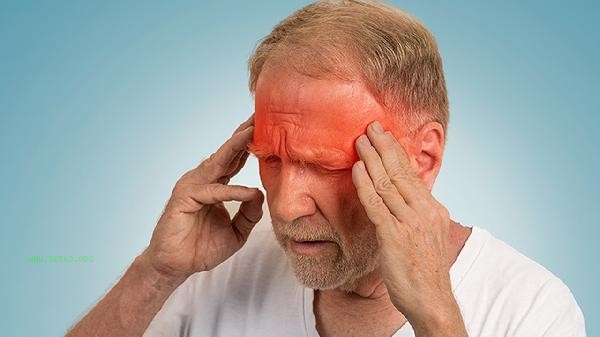
1. Traditional Chinese Medicine Treatment:
Elderly depression is often caused by liver qi stagnation and deficiency of the heart and spleen, and traditional Chinese medicine prescriptions need to be treated based on syndrome differentiation. Xiaoyao San can soothe the liver and invigorate the spleen, and is suitable for those with low mood and bloating; Gan Mai Da Zao Tang nourishes the heart and mind, improves insomnia and anxiety; Guipi Tang tonifies the heart and spleen, targeting depression caused by insufficient qi and blood. Single herbs such as Acacia bark can relieve depression and calm the mind, roses can soothe the liver and blood, Poria cocos can invigorate the spleen and calm the heart, and can be consumed as a substitute for tea or in meals.
2. acupuncture and moxibustion therapy:
Acupuncture uses Baihui and Sishencong to refresh the brain, Taichong and Ganshu to relieve liver depression, Neiguan and Shenmen to calm the mind. Moxibustion with Guan Yuan and Zu San Li warming tonifying Yang Qi is suitable for depression of Yang deficiency type. Apply pressure on acupoints such as the liver, heart, and Shenmen, and use magnetic beads for application. Three times a week, with 10 sessions as the treatment course, can regulate neurotransmitter secretion.
3. Massage:
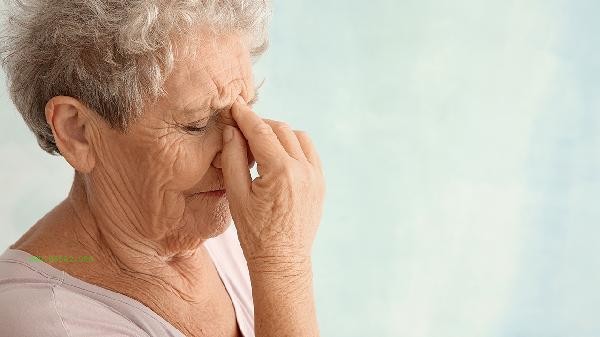
Massage the liver and gallbladder meridians along the meridians to relieve qi stagnation, tap the Danzhong acupoint to widen the chest and regulate qi, and massage the temples to relieve headaches. The bladder meridian on the back can clear Yang Qi, and with the help of Du Mai and spine massage, it can enhance positive Qi. Comb your hair a hundred times every morning to stimulate the meridians in your head, and before going to bed, rub the Yongquan acupoint to ignite and return to your original energy.
4. Diet Regimen:
Millet and yam Congee can strengthen the spleen and calm the nerves, lily and lotus seed soup can clear the heart and eliminate troubles, and orange peel and bergamot tea can regulate qi and relieve depression. Avoid spicy and greasy foods, and consume more dark green vegetables to supplement folic acid. It is recommended to stir fry shredded pork with day lily to relieve liver depression, Congee with sour jujube kernel and glutinous rice to improve sleep, and golden needle cabbage soup to relieve anxiety.
5. Qigong guidance:
Eight section brocade "regulates the spleen and stomach and requires single lifting" to enhance circulation, and "shakes the head and tail to eliminate heart fire" to balance yin and yang. The six character formula "shu" is used to soothe the liver and "ha" is used to nourish the heart. Daily morning practice of Tai Chi Cloud Hand Style to coordinate qi and blood, combined with deep breathing exercises, for more than 30 minutes each time.
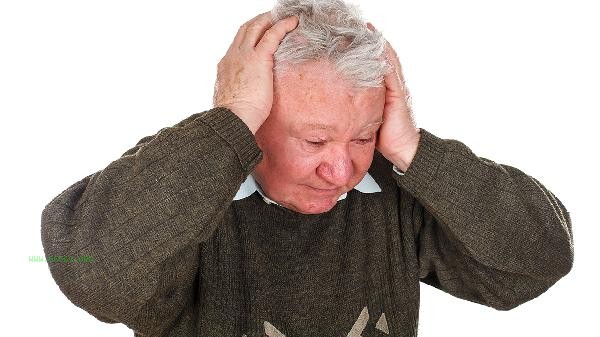
Elderly depression requires attention to daily care, with a light and warm diet to avoid being raw, cold, sticky, and greasy. Persist in light activities such as walking and gardening, and maintain social connections. Soak your feet in hot water before bedtime, add night wisteria and acacia flowers, and massage with Yongquan acupoint. Maintain a regular schedule, keep the room well lit, and have more exposure to natural scenery. Emotional regulation can involve traditional cultural activities such as calligraphy and opera to avoid being alone and worrying. Severe symptoms require integrated traditional Chinese and Western medicine treatment, with regular follow-up visits to adjust the plan.

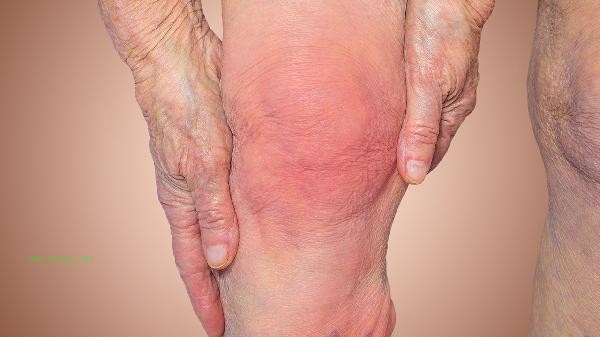

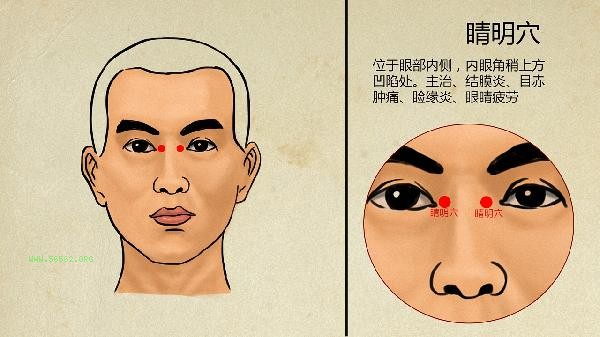
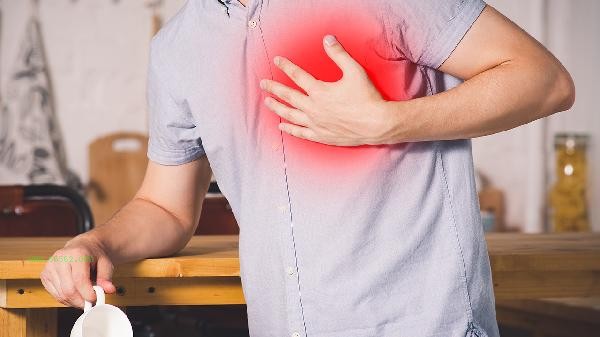
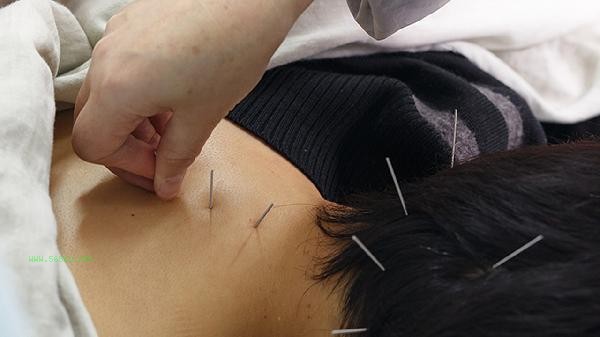



Comments (0)
Leave a Comment
No comments yet
Be the first to share your thoughts!